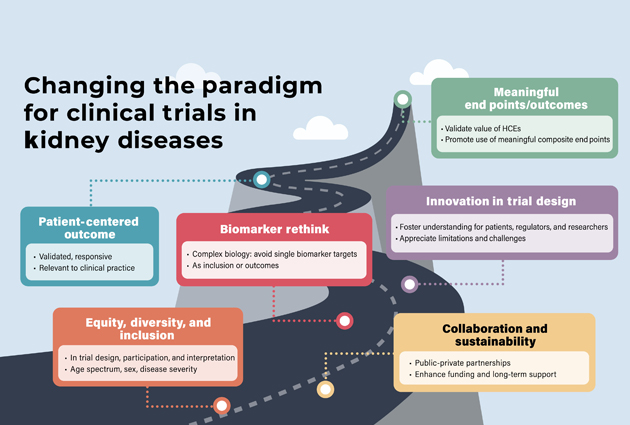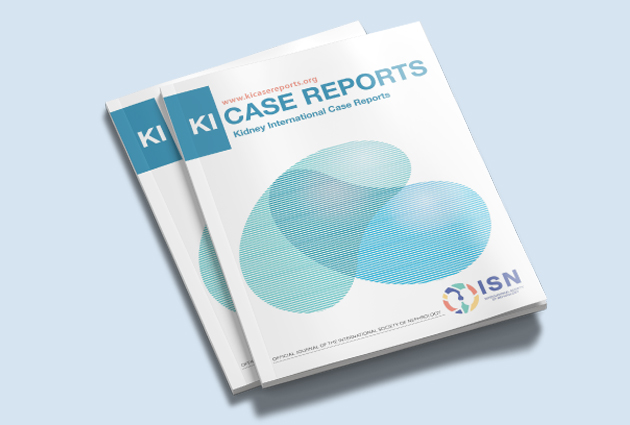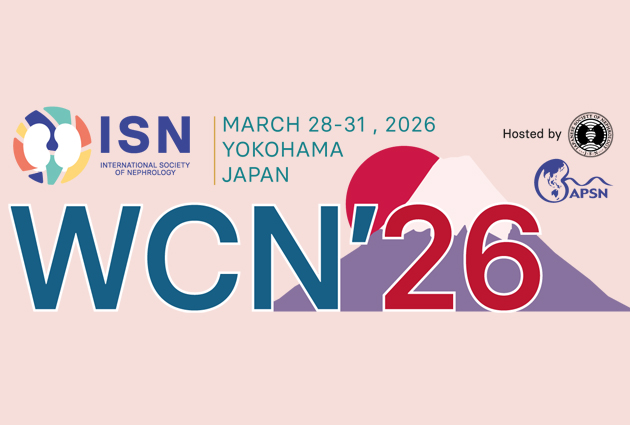ISN Constituency Statement – Well-being and health promotion – at WHA76
76th World Health Assembly
Distinguished delegates,
We welcome the development of WHO’s global framework on well-being, commending the recognition that addressing the main NCD risk factors (including tobacco, alcohol, unhealthy diets, physical inactivity and air pollution), and their root causes, is a foundation of well-being,
and that health promotion is an essential public health function and Universal Health Coverage element.
We applaud:
- The call for a well-being economy, where the economic value of planetary health, equity and human well-being is recognized, disincentivizing the production and consumption of harmful products;
- The call for a just energy transition, and the need for climate change action, protecting communities that are most at risk (including Small Island Developing States);
- The new references to the role that good governance, social protection and pro-health fiscal policies have in fostering health promotion.
We urge Member states to:
- Adopt the framework requesting that the new language on engaging private sector is accompanied with mention of mechanisms to safeguard well-being policies from conflicts of interest;
- Recognize the importance of involving people living with NCDs (including with eye and oral diseases) and all health professionals in the planning and development of well-being policies, as health promotion is relevant throughout the continuum of care;
- Measure and leverage the co-benefits of health promotion efforts for other sectors, to promote multisectoral solutions;
- Consider this framework in your engagements in broader UN processes like the SDG Summit as there are currently no SDG indicators measuring well-being.
We urge WHO to:
- Specify that economic investments should be made in sectors aligned with public health goals, protecting public procurement and partnerships from vested interests;
- Provide guidance on how to measure the impact of NCD and other health programmes on social and individual well-being;
- Specify intervention examples for meaningful participation, and provide real-world examples of well-being policies;
- Ensure the well-being framework and operational framework on social determinants complement each other.
Thank you.









